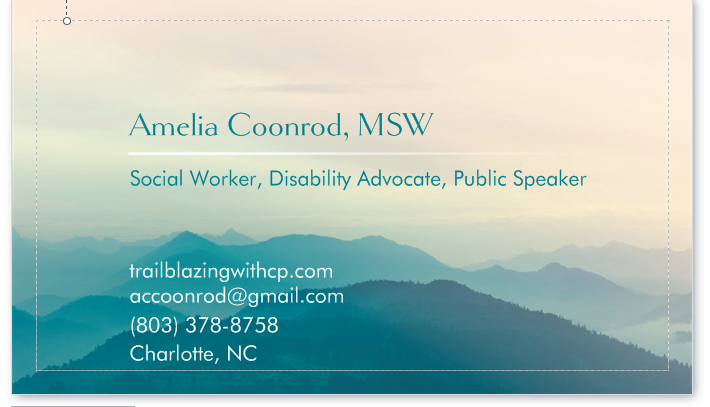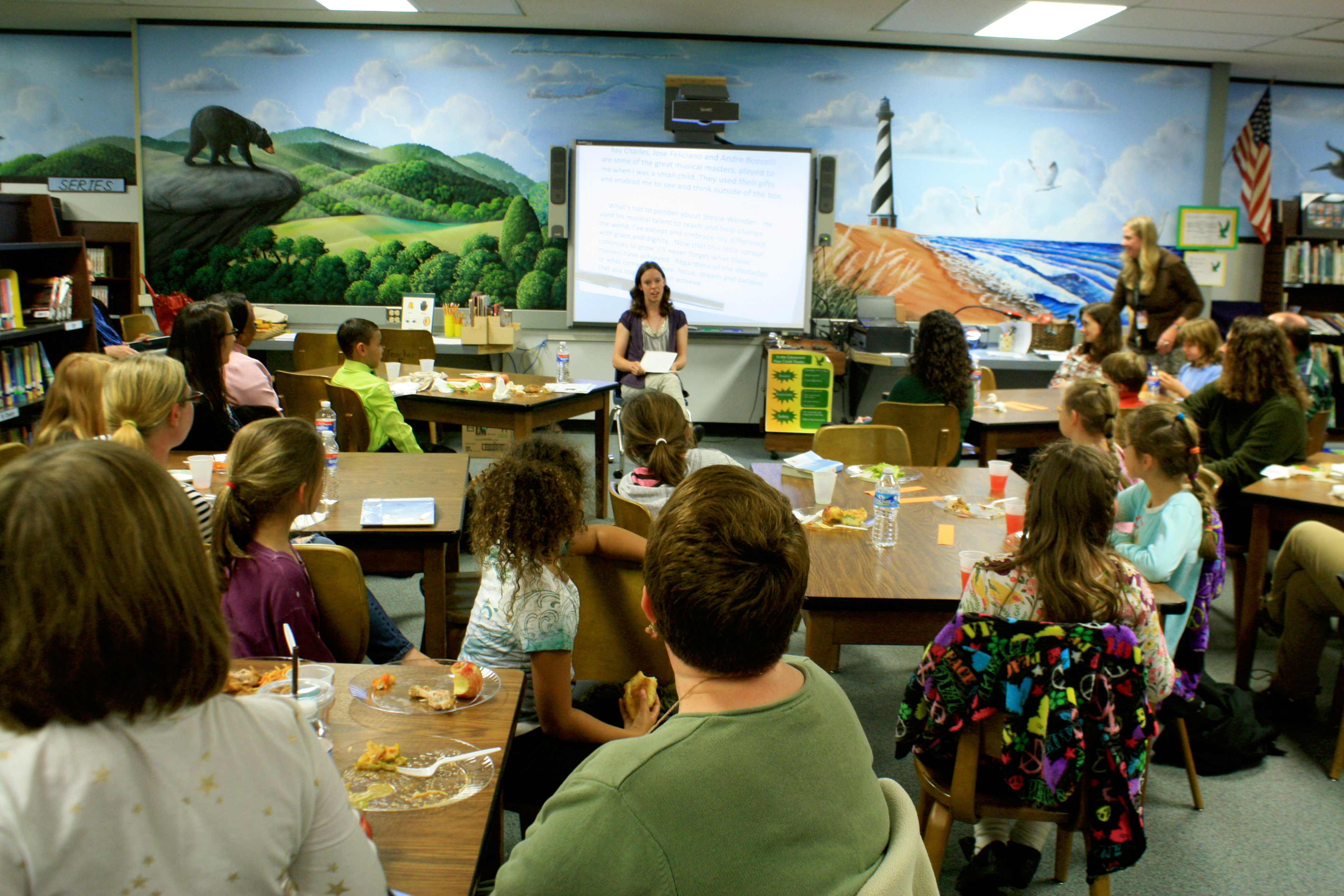The initial dating with a disability post I wrote back in March was such a hit that I wanted to do a follow-up. I think sometimes society has a hard time understanding that people with disabilities want the same things everyone else does: love, success, lifelong friendships. And those things are attainable for the disability population. However, it may just mean there are more logistics to figure out.
In the case of dating, for me that meant thousands of questions were going through my head: 1). When should I tell him about my disability? 2). How will he respond? 3). Will he care? 4). If we get serious, will he resent me for what I can’t do? 5). If we get serious, will he feel like my caretaker?
Even now, after my boyfriend and I have been dating for 3 and a half years, some of those questions still surface. However, we’ve dealt with them just like we’ve traversed the rest of our relationship: with openness, frequent communication, and love.
When should I tell him: Honestly, it was answered on its own. Because my disability is visible, it’s not something I could hide. No, I didn’t have a “I have CP” tattoo on my forehead, and I have never introduced myself to someone by saying, “Hi, my name’s Amelia, and I have CP.” However, I’ve always prided myself on being open with people. The reality of my disability came out pretty early on…and even though I fretted over how the conversation would go, it went as smooth as though I had said, “My day was good, how was yours.”
How will he respond: My Cerebral Palsy mattered to him, but it didn’t all at the same time. It didn’t prevent him from wanting to date me. However, it mattered in the sense that he wanted to understand it enough to know how to help me when he could, which I was grateful for. More than anything, he wanted to know how living with a disability shaped the way I viewed the world. And in that moment, I knew I wanted to spend my days helping him to understand the world I lived in: the world of oppression, marginalization, discrimination…but also the world of a culture that has its own language, values, history, and perspective.
Will he care: He did. But he cared in the sense of, “It hurts me to see you in pain,” as opposed to, “I don’t want a girlfriend who has a disability.” Yes, it’s part of our relationship, but it’s not the only piece. It means we have to do certain things certain a little differently, but it doesn’t prevent us from loving each other. However, I will say it does take a special person to care in this way. You want someone to care enough about your disability that they see it as part of you, but not so much that it is the only thing they see when they look at you. I’m happy to say that’s what I’ve found. And honestly, each day it amazes me. Sometimes it still takes my breath away that I’ve found someone who cares enough about my disability that he has taken up the disability fight out of sheer love for me. For example, the first time my boyfriend became enraged when he saw a car parked in a handicapped space without an appropriate license or placard…I felt heard, I felt seen, and finally, I felt like I didn’t have to face the injustices of the world alone.
If we get serious, will he resent me for what I can’t do: Honestly, I still worry about this one. Since we are serious, it’s a thought that bounces around in my head pretty regularly. And since we are so open with each other, it’s also conversation we have often. Do I think he resents me now? No. Do I think there are things he wishes we could do together that my disability prevents? Sometimes, yes. The majority of those things have been centered around activities that require extended walking. However, about a year ago, when I invested in a mobility scooter, a new world opened for us. With my scooter, I was able to get out and be more active and not be as easily exhausted like I’d get if I was walking everywhere. Therefore, we’ve been able to enjoy things like going to the mall or walking around downtown, whereas previously I’d avoid those things because more walking meant pain…and pain meant both of us being unhappy. However, in another sense, sometimes I worry how my disability will impact me as I age. What if in two years I can’t do what I’m doing now? I’d be lying if I said I didn’t worry about it. But if I know one thing, it’s this: I’ll figure out a way to handle those obstacles as they come my way. I always do. It’s who I am.
If we get serious, will he feel like my caretaker: I still worry about this one too. It’s a conversation we have very openly, as neither of us wants to reach a point where we have a caretaker/patient relationship. Honestly, what’s made the difference is understanding and perspective. Are there things he has to help me with? Absolutely. But do I help him with aspects of himself that are weak because those are my strong areas? Yes. At the end of the day, that’s what it’s all about. The give and take. In my case, many of the ways my boyfriend supports me are physical in nature, but he’s also incredibly kind, loving, and caring too. When I look at a caretaker/patient relationship, I see it as very one-sided. And that’s not what our relationship is. It’s two people supporting and strengthening each other to be the best versions of themselves.
At the end of the day, dating with a disability is just the same as typical dating, but with a double scoop of openness, communication, understanding…and a dash of humor (because if we’re not laughing through life, what’s even the point).


Recent Comments